The Ho Chi Minh City People's Committee has just sent a report to the National Assembly's Economic Committee on a plan to resolve difficulties in implementing the project to solve flooding caused by tides in Ho Chi Minh City, taking into account climate change factors (phase 1).
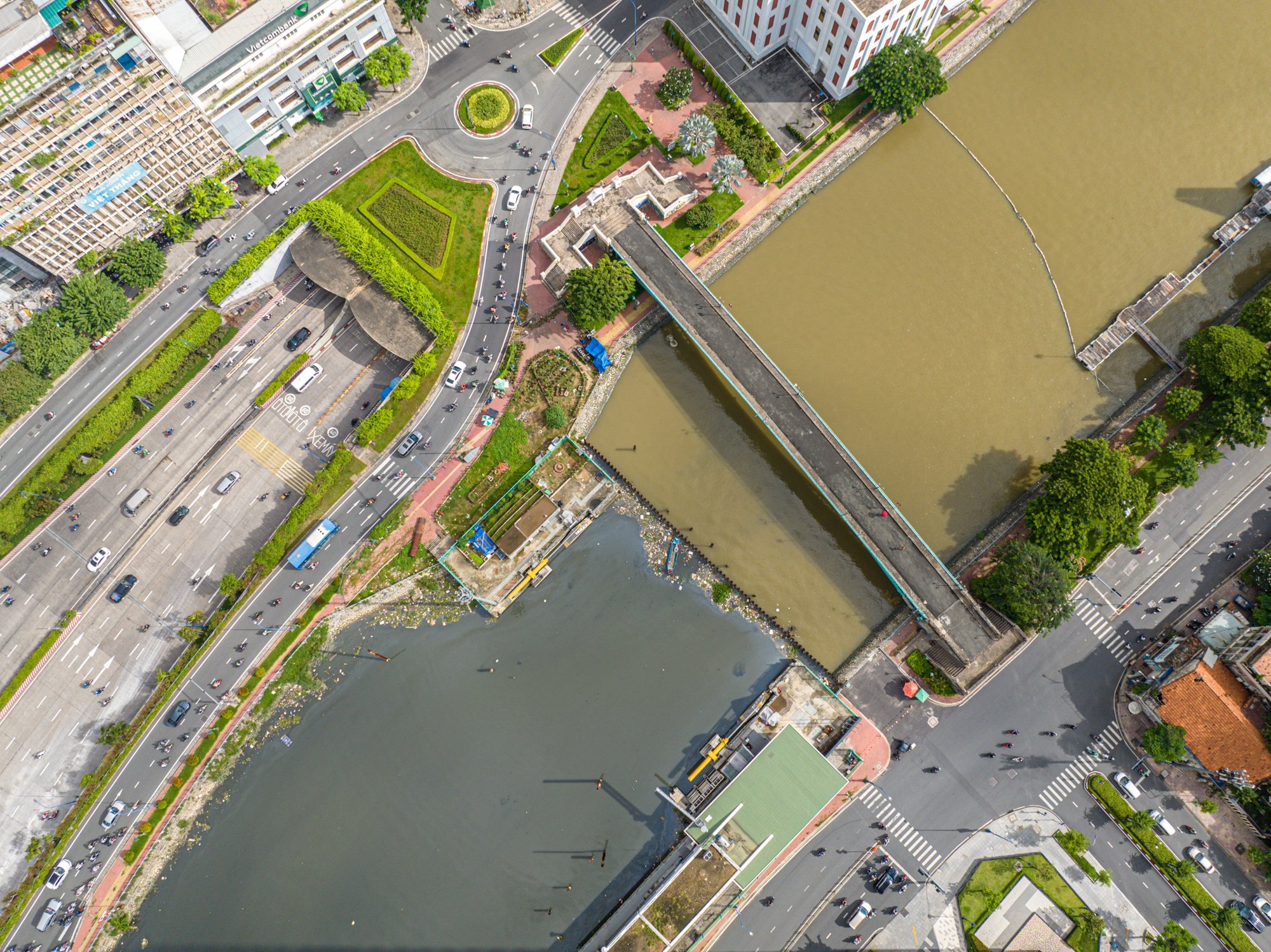
Ho Chi Minh City presents to the National Assembly's Economic Committee a plan to rescue the 10,000 billion VND flood prevention project. Photo: Chi Hung
According to the Ho Chi Minh City People's Committee, this is a group A project with the form of public-private partnership (PPP) investment, build-transfer (BT) contract, payment by land fund and city budget.
The project helps control flooding caused by high tides and proactively respond to climate change for an area of 570 km2, with about 6.5 million people in the right bank of the Saigon River and the center of Ho Chi Minh City.
The project has the capacity to actively regulate and lower water levels in canals, aiming to improve the drainage capacity of urban drainage projects. In addition, it supports rainwater storage when there is rain combined with high tides, contributing to improving the landscape and water environment.
The Ho Chi Minh City People's Committee said that the project currently has three main difficulties, including: No capital to complete the project; unclear authority and implementation procedures for the project in the process of implementation have changed, and the changed content leads to the project falling under the criteria of a national important project and there is no basis for payment of the BT contract.

People have struggled with high tides for many years. Photo: Chi Hung
The reason is that the project is a transitional case according to the provisions of the Law on Investment under the public-private partnership method; Resolution No. 98/2023 of the National Assembly and Decree No. 35/2021 of the Government.
The Ho Chi Minh City People's Committee stated that the problems related to the provisions of the Law, some contents not reflected in the provisions of the Law such as determining whether the Contract is allowed to be paid (after correcting the shortcomings)... should be beyond the authority of the Government. The City will analyze and report specifically during the process of implementing the procedures to adjust the investment policy of the project.
Regarding these problems, Ho Chi Minh City will report and ask for opinions from ministries and branches to have the most feasible and legal implementation plan.
Considering the special nature of the project, based on the consensus of the investor and BIDV bank at the meeting on September 10, the Ho Chi Minh City People's Committee proposed additional solutions to remove obstacles. In particular, due to the change in the total investment of the project, the project implementation period has expired, and there are some shortcomings in the contract signing and implementation, to ensure the legal basis, it is necessary to carry out the project adjustment procedures.
However, in reality, the overall project adjustment procedure is very complicated, due to legal regulations, takes a lot of time and requires negotiation with BIDV bank and investors on how to calculate loan interest. Therefore, Ho Chi Minh City proposes to adjust the payment terms in the contract in parallel with the overall project adjustment.
Specifically, simultaneously carry out procedures to adjust project implementation time as a basis for signing the BT Contract Appendix to change the payment plan.
After adjusting the BT contract appendix, the project will basically fix the shortcomings and be the basis for the City to pay with land funds (the land areas identified in the BT Contract) according to current regulations, solving the capital source for investors to complete the project and reducing the cost of interest incurred while waiting for the completion of project adjustment procedures.
Source: https://www.baogiaothong.vn/tphcm-trinh-phuong-an-giai-cuu-du-an-chong-ngap-10000-ty-19224100118514237.htm








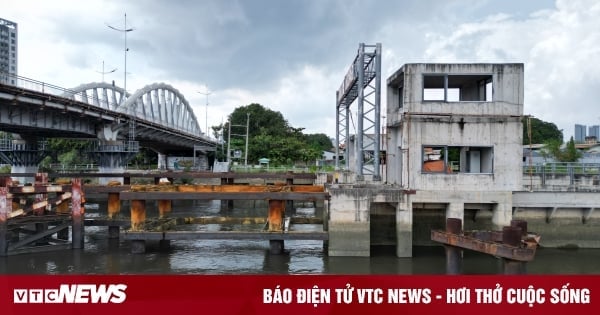


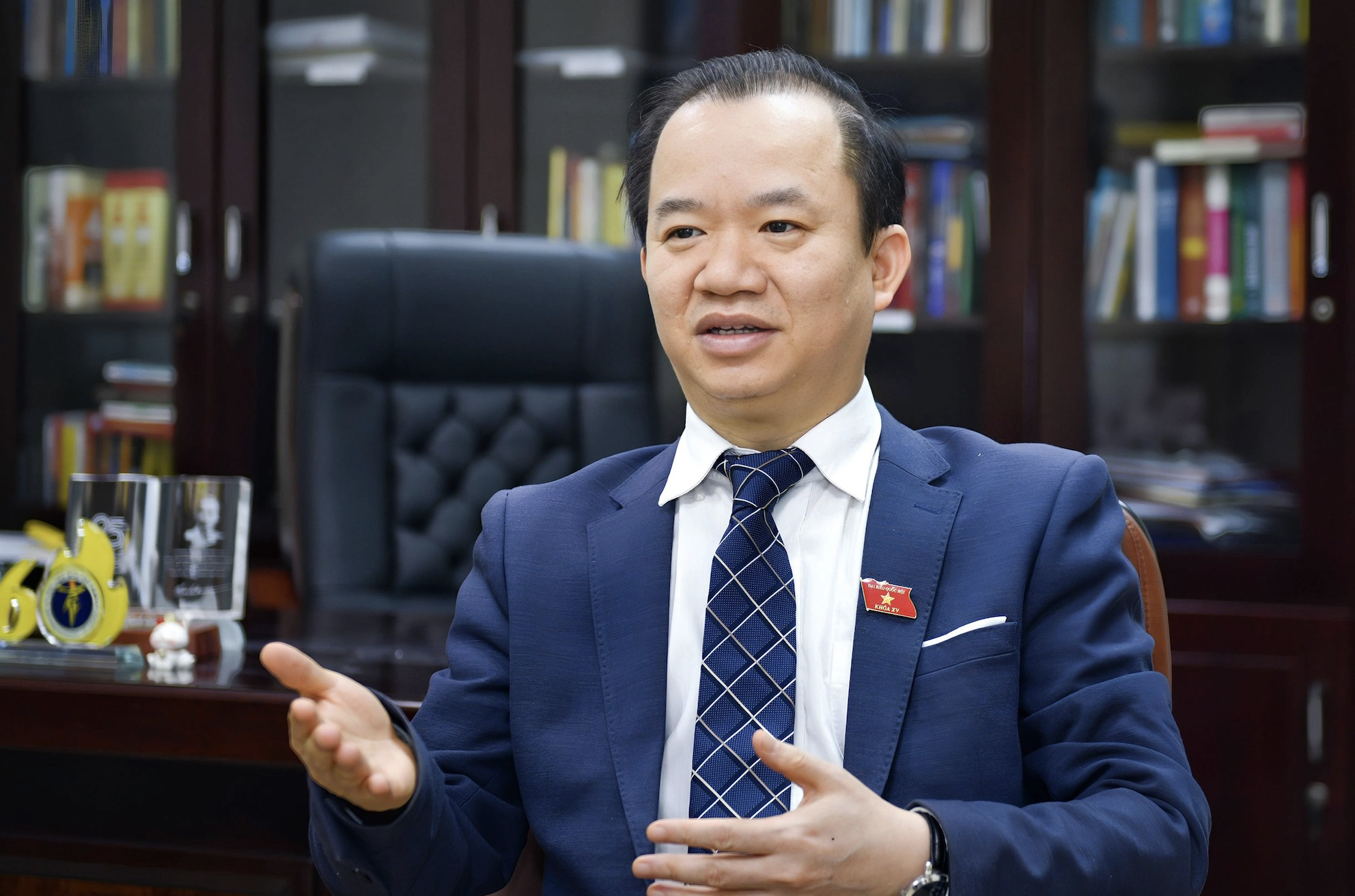









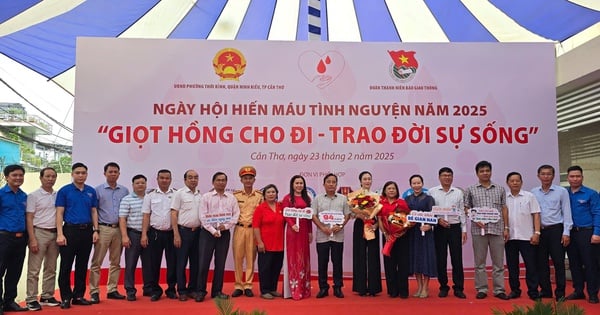
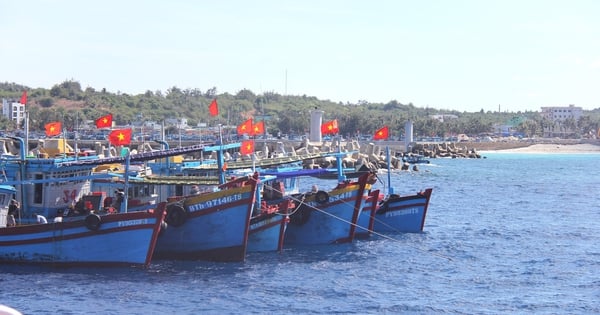
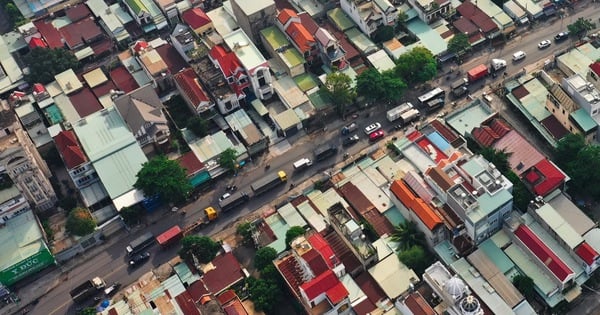
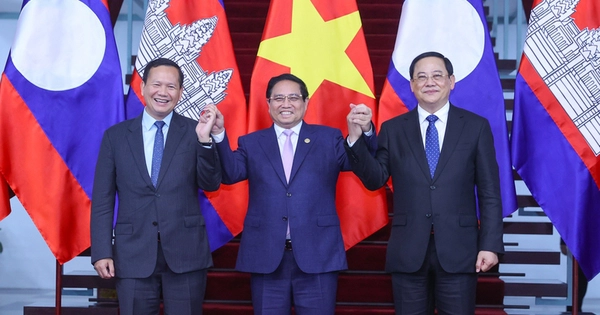
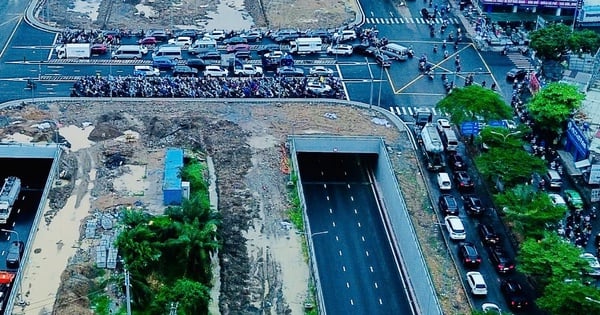







![[Photo] Prime Minister Pham Minh Chinh chairs Government Conference with localities on economic growth](https://vstatic.vietnam.vn/vietnam/resource/IMAGE/2025/2/21/f34583484f2643a2a2b72168a0d64baa)


























































Comment (0)